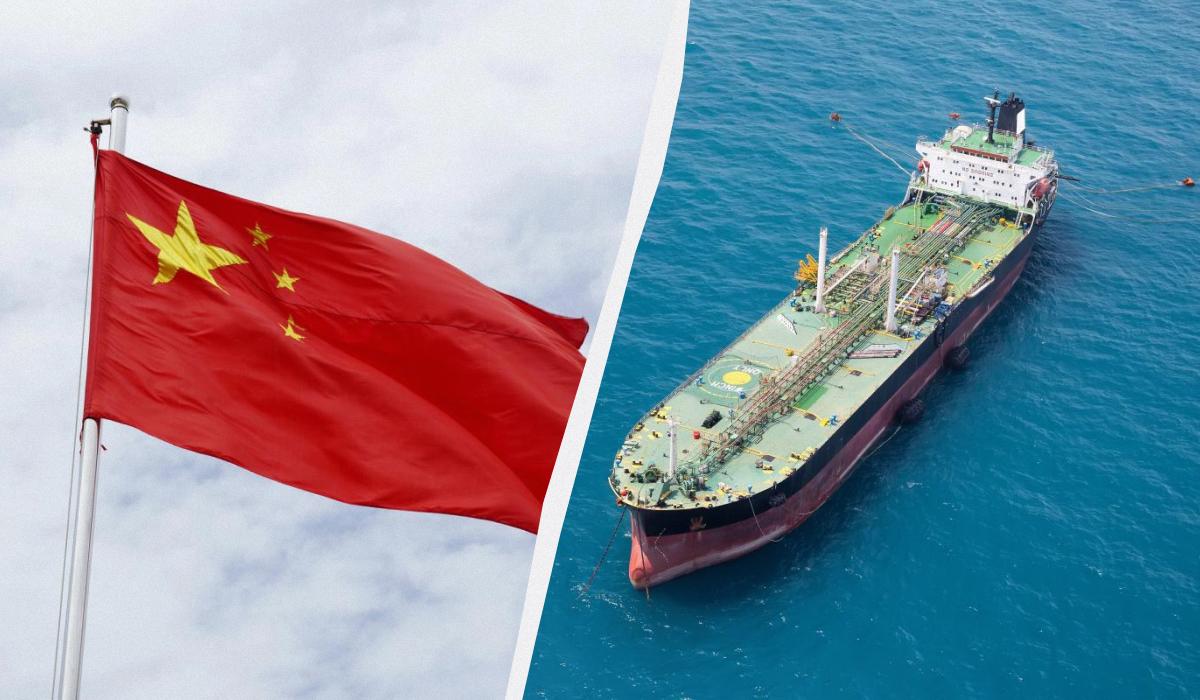
The Chinese port operator Shandong Port Group has closed its ports to tankers from the Russian "shadow fleet" that are under U.S. sanctions. This was reported by Reuters citing its own sources among oil traders.
Shandong Port Group controls major ports on China's east coast, including Qingdao, Rizhao, and Yantai, which are key terminals for importing oil that has been sanctioned.
In particular, Shandong province is a primary route for importing oil from Russia, Venezuela, and Iran. Last year, the province imported about 17% of all the oil brought into China. As noted by Reuters, Shandong is home to many independent oil refineries that are the largest importers of oil from such problematic countries.
According to traders, the ban will increase the shipping costs for Russian oil for independent refiners in Shandong. However, the impact will be limited for now, as the ban applies only to those tankers from the "shadow fleet" that are under U.S. sanctions. Unfortunately, a significant portion of this fleet has still managed to avoid sanctions.
The chief analyst of the maritime data group at Lloyd's List Intelligence, Michelle Wiese Bockmann, states that the active shadow fleet transporting Iranian, Russian, and Venezuelan oil currently consists of approximately 669 tankers. She mentions that only 250-300 of them were specifically transporting Russian oil. Additionally, Russian oil is also carried by the Russian "Sovcomflot" using its own tankers.
Between October and December, the U.S. Treasury imposed sanctions on 35 tankers from the "shadow fleet." Moreover, "Sovcomflot" was sanctioned by the U.S. at the beginning of 2024.
However, sources told Reuters this week that the Biden administration plans to impose sanctions on more than 100 additional tankers that are transporting Russian oil.
Sanctions Against Russia: Latest News
As reported by UNIAN, the price cap on Russian oil set at $60 was effective only for a short time, after which Russia circumvented these restrictions by using a "shadow" fleet of tankers. Bloomberg analysts suggest that the West must seriously address sanctions for them to be effective.
The sanctions against the Russian Federation have proven to be so fragmented and porous that the European Union is still paying billions to Putin for gas and oil. Moreover, in the field of nuclear energy, Europe has become completely dependent on the Russian Federation.